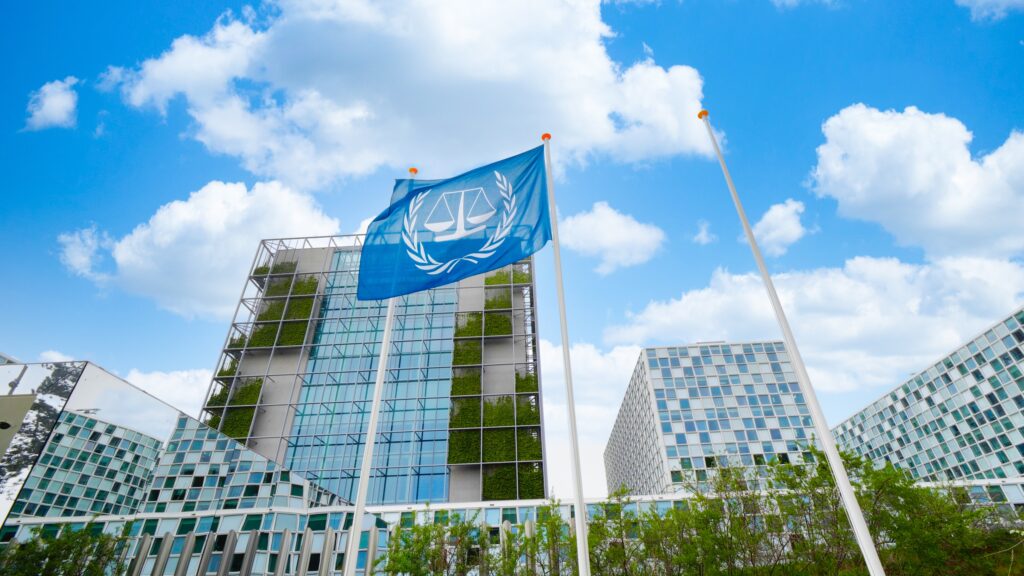A group of pro-Palestinian activists has filed a lawsuit in the Netherlands, claiming that the country is violating international law by selling weapons to Israel. The complaint was submitted on Friday, a day after the International Criminal Court (ICC) issued arrest warrants for Israeli Prime Minister Benjamin Netanyahu and former defense minister Yoav Gallant, accusing them of war crimes.
Should the Dutch court rule in favor of the plaintiffs, the Netherlands would be banned from exporting weapons and parts to Israel and from trading with the occupied Palestinian territories. The lawsuit is based on the premise that the Netherlands is complicit in war crimes, citing the ICC’s arrest warrants and previous legal rulings, including a statement from the International Court of Justice suggesting that Palestinians’ rights may be infringed upon under current conditions.
In its defense, the Dutch government maintains that each foreign policy decision, including arms exports, is carefully considered. Government lawyer Reimer Veldhuis argued that the court should not involve itself in the state’s sovereign decisions regarding foreign relations.
The case also brings attention to the role of Dutch taxpayers, with Ahmed Abofoul, a legal adviser for Al-Haq, emotionally declaring that the government is using his tax money to fund actions that directly harm his family members, who have suffered losses in Gaza.
The ICC’s arrest warrants accuse Netanyahu and Gallant of using starvation as a weapon of war and deliberately targeting civilians during the Gaza conflict, charges that Israeli officials have strongly denied.
The Dutch government has pledged to cooperate fully with the ICC, confirming that it would arrest Netanyahu if he arrives on Dutch soil. However, the situation has sparked political tension within the Netherlands, particularly from right-wing leader Geert Wilders, who has condemned the warrants and expressed his intention to visit Netanyahu in Israel. This has caused further divisions within the Dutch four-party coalition government.
The court in The Hague is expected to issue its ruling on the case by December 13.
